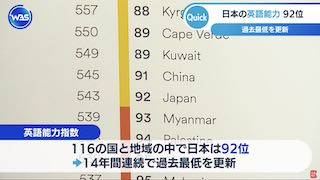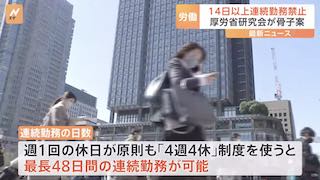Feb 12 (Nikkei) - KOBE, Japan/KYOTO -- With over 8 million Japanese homes standing empty, some cities have begun to turn up the tax pressure on owners to combat urban blight.
Local tax rates in Japan are roughly three to four times lower on residential land than on nonresidential sites, owing to an incentive introduced during the country's postwar economic boom.
This benefit, created to spur the conversion of farmland, now keeps many landowners from tearing down empty, dilapidated houses. More than 10% of Japanese homes are unoccupied.
Cities are looking to yank away this benefit for houses unfit to live in. Amagasaki, just west of Osaka, confronted the problem in December by saying it would exclude homes at risk of collapse. Nearby Kobe has discontinued the incentive for around 70 plots since updating its tax system in fiscal 2020.
Though Japan in 2015 gave municipalities greater leeway to determine what qualifies as a residential plot, most have hesitated to take steps similar to those by Kobe and Amagasaki, which essentially raise the tax burden for some property owners.















